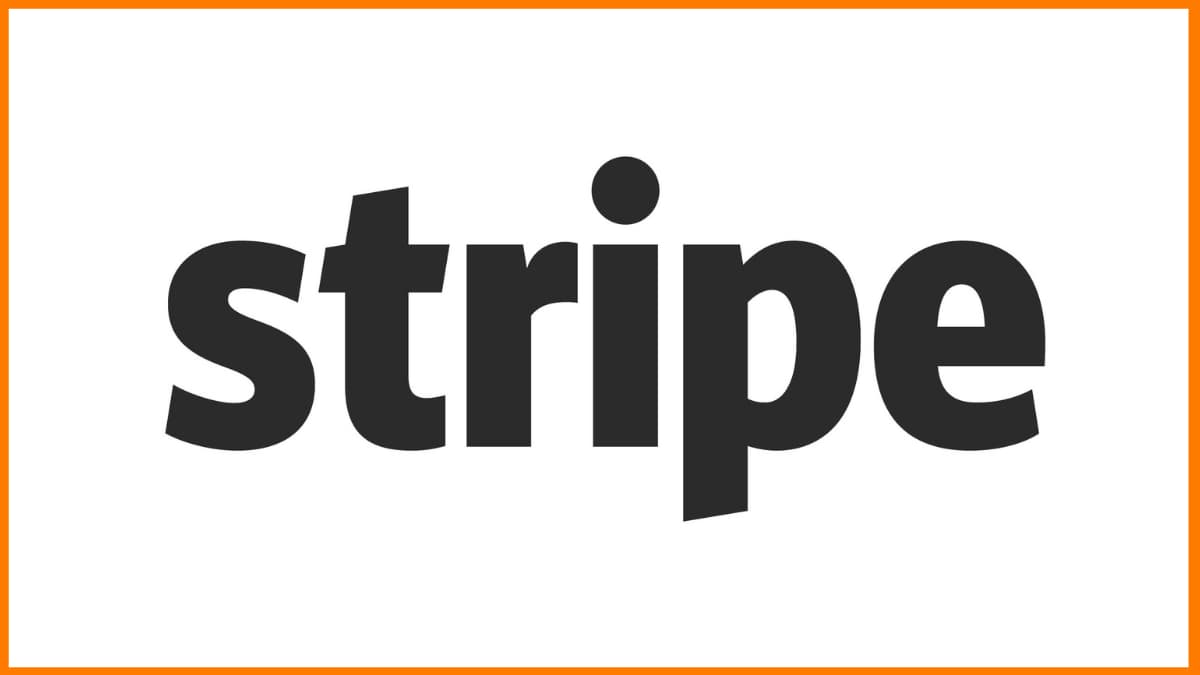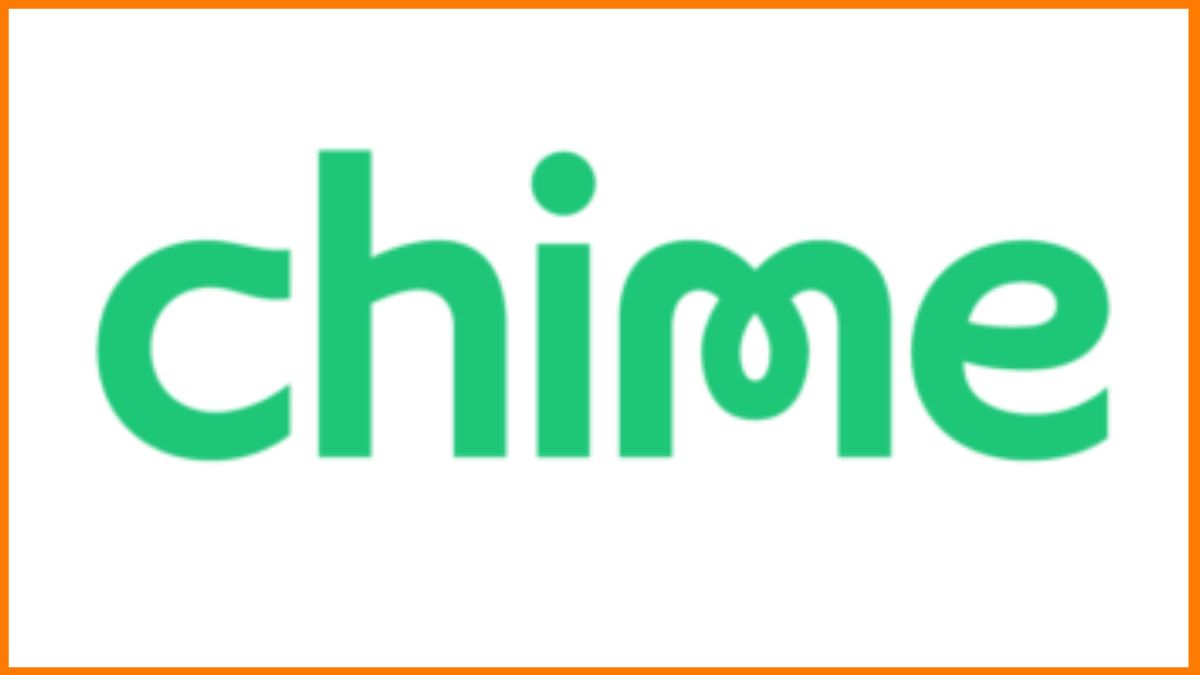Company Profile is an initiative by StartupTalky to publish verified information on different startups and organizations. The content in this post has been approved by Karza Technologies.
Non-performing assets (NPAs) and frauds have been plaguing Indian banks for the last several years. In 2021, the total amount of non-performing assets held by Indian public sector banks was approximately 6.17 trillion Indian rupees. However, as of March 2022, the percentage of gross non-performing assets in the banking sector fell below 6%, which is the lowest it has been since 2016, and bank loan frauds stood at INR 58,303 crore in FY22.
Karza Technologies has stepped in with big data analytics, business intelligence, and machine learning to carry out background checks and assess the creditworthiness of borrowers not just on their track record but also on their future potential and intent to repay. Karza is building an intelligent system that analyzes available financial information from the institutions and trawls the internet for lurking signals that will raise a red flag about the creditworthiness of the borrowers. Recently, in February 2022, this fintech startup was acquired by Perfios Software Solutions.
In this article, know about Karza Technologies, it’s business and revenue model, products and services, founders, startup story, and more.
Karza Technologies – Company highlights
| Startup Name | Karza Technologies |
|---|---|
| Headquarters | Mumbai, Maharashtra, India |
| Industry | Financial Services |
| Founders | Omkar Shirhatti, Gaurav Samdaria, Alok Kumar |
| Founded | 2015 |
| Total Funding Raised | $1.1 million |
| Parent Organization | Perfios Software Solutions |
| Website | karza.in |
Karza Technologies – About and How Does It Work?
Karza Technologies – Industry
Karza Technologies – Founders and Team
Karza Technologies – Startup Story
Karza Technologies – Name, Tagline, and Logo
Karza Technologies – Mission and Vision
Karza Technologies – Products and Services
Karza Technologies – Business and Revenue Model
Karza Technologies – Startup Launch
Karza Technologies – Marketing Strategy
Karza Technologies – Funding
Karza Technologies – Recognition and Achievements
Karza Technologies – Challenges Faced
Karza Technologies – Competitors
Karza Technologies – Future Plans
Karza Technologies – About and How Does It Work?
Karza strives to be a one-stop solution for the financial services ecosystem. Karza is an analytics and automation platform that aggregates and stitches information from 850+ public databases to meet service automation, onboarding, due diligence, and monitoring requirements for the BFSI sector. Their services permit the seamless onboarding of customers and the mitigation of risks, allowing for a better assessment of any customer type, be it individual or entity.
Karza began providing its business intelligence, AML screening, KYC verification, and other services with a view to preventing systematic fraud through consistent innovation in the service of the larger public good. It has so far been successful in its stated objective of reducing fraud, having successfully prevented losses of over 2,500 crores by weeding out bad applications at the outset. It has also greatly simplified the customer onboarding process, with myriad solutions for KYC verification, including VideoKYC.
It is now acknowledged as being one of the preeminent KYC and business intelligence service providers in the country and has 400+ banks, insurance companies, and financial institutions dependent on its services to protect against identity theft, comply with AML and other regulatory obligations, and conduct customer due diligence and enhanced due diligence on their clientele.
Karza Technologies – Industry
The fintech market in India is a rapidly growing industry that encompasses a wide range of financial services and technologies. This includes areas such as mobile payments, online lending, digital banking, insurance, and investment platforms.
Digital lending includes services such as online personal loans, business loans, and other types of digital lending. Other important segments in the Indian fintech market include insurance, investment and wealth management, and blockchain technology.
As of FY2021, the fintech market in India was valued at INR 2.48 trillion. It is projected to reach a value of INR 9.27 trillion by FY2027, growing at an annual rate of around 24.96% during the period between FY2022 and FY2027.
Overall, the fintech market in India is expected to continue growing in the coming years, driven by increasing demand for digital financial services and the government’s efforts to promote digital financial inclusion.

Karza Technologies – Founders and Team
Karza Technologies was founded by Omkar Shirhatti, Gaurav Samdaria, and Alok Kumar.
The co-founders, Gaurav and Omkar, knew each other from their college days, as they had pursued their graduation and chartered accountancy together, after which they took up different jobs. They are level-headed individuals with an enterprising mindset and a penchant for white-collar investigations. Omkar and Gaurav often engaged in conversations about their experiences with the BFSI sector and were struck by the massive gaps that could be filled by data-led, deep-tech approaches.
By March 2015, both Gaurav and Omkar had a fairly structured idea about the way forward, as they had already begun interacting with market stakeholders. Both had to quit their jobs, and the company was incorporated in June through personal investments. However, they were two chartered accountants who were starting a tech company and were in search of a tech expert.
The next challenge was to find a suitable developer. By reaching out to Gaurav’s friend circle, they were able to find some leads to begin the hunt for a tech co-founder, wherein close to 200 to 250 people were personally interviewed by Omkar and Gaurav. They narrowed down their search and found Alok, who has a Master’s in Computer Science from IIT Kharagpur and had been working with Morgan Stanley. He was part of a 7-member global elite team that was working on global tech data, AIML projects, wire transfer frauds, and transaction pattern recognition to detect wire frauds and anomalies, etc.
They discussed the overall vision of Karza and the scale of the operations, including the complexities of profiling millions of businesses, detecting shell entities, and other AI, ML, and data science-related use cases. This excited Alok immensely, and he decided to take up the opportunity, put his Ph.D. and advanced learning dreams on the back burner, and come on board as a co-founder and CTO at Karza.
Omkar Shrihatti

Omkar serves as the co-founder and CEO of Karza Technologies and also as the
Chief Product Officer at Perfios (Karza Technologies’ parent company). Before co-founding Karza Technologies, Omkar Shrihatti served as a senior consultant at Ernst & Young, a global leader in assurance, tax, transaction, and advisory services. He has over 12 years of experience in the fields of fraud investigations, background checks, and so on.
Gaurav Samdaria

Gaurav is the co-founder and Director of Karza Technologies and
Chief Business Officer at Perfios. Previously, Gaurav served as the co-founder and Director at Schbang Digital Solutions, an integrated marketing solutions agency. Prior to that, he worked as the Chief Financial Officer at M/S FoxyMoron, a marketing and advertising firm.
Alok Kumar

Alok is the Co-Founder and CTO at Karza Technologies. After completing his master’s from IIT Kharagpur with a focus on machine learning and big data, Alok specialized as a data scientist for Morgan Stanley for over three years, working on mining/natural language processing (NLP), and fraud detection.
Karza Technologies – Startup Story
The idea behind Karza stemmed from conducting investigations at our previous workplaces. Having worked with global consulting firms such as EY, their focus had been on fraud investigation, during which they identified several gaps in the processes followed by the BFSI sector. They were investigating loan frauds, hawala transactions, security market frauds, conducting market surveys, due diligence, etc., which gave us insights into identifying how money gets siphoned off in fraudulent transactions, how hawala and money laundering work and the way shell companies are floated, etc.
They did a lot of secondary research to identify, piece together, and gather all the scattered information to understand how Karza could solve problems with its data-first approach. While investigating loan frauds, they realized that banks used a lot of manual processes, which led to inefficiencies and were not able to keep pace with the technological advancements in the sphere. Even though the government had already begun to take huge strides in digitization, promoting their vision of a digital India, banks were unable to effectively capitalize on the opportunity with their existing resources, and their processes largely remained manual.
The inspiration came from the above-mentioned scenario, where they realized the power of leveraging technology to build solutions where intelligent information relevant to an entity can be searched and profiled based on various official sources.
Initially, they were able to meet people in the industry due to the social circle of their partners. Some of the interactions were instrumental in creating their first products. From the smallest cooperative banks to large PSUs, private sector banks, etc., they were all pivotal in helping them understand how to build robust products that cater to the BFSI segment. The initial set of clients came in through conversations at BFSI summits and conclaves, where the need for their solutions was immediately recognized, giving us a head start.
Karza Technologies – Name, Tagline, and Logo

The name ‘Karza’ came into their focus as it was catchy and roughly translates to ‘lending‘ in several Indian vernaculars. They were looking for names that could be relatable and easily remembered. They reckoned that as a company that provides money-lending technologies, they must keep it simple and go ahead with ‘Karza’, a term specific to India.
Their aim was to revamp how consumers approach BFSIs and the overall journey to get a loan and to revolutionize the lending process by automating every aspect of it. This way, the name will be associated with a service that smooths this process.
Karza Technologies – Mission and Vision
They are now exploring other avenues to expand into, with a continuing focus on the BFSI sector. Karza Technologies is constantly innovating and looking to build products that can increase credit access and availability and, among a host of other things, is looking at the NBFC Account Aggregator framework, the creation of workflows, and improving our analytics and scoring services.

Karza Technologies – Products and Services
The traditional BFSI ecosystem has various limitations that make organizations slow, inefficient, and unable to service rising demand:
Scattered and Unstructured Data:
- Data is scattered across the web and not available in a consumable, intelligent manner.
- Evidenced by multiple licensing requirements, high requirements for statutory and compliance filings, several state-level regulatory bodies, and regional language portals.
- Lack of credible intelligence also hinders the ability of institutions to service smaller and newer credit customers, inhibiting financial inclusion.
Manual Processes:
- Processes such as onboarding, verification, and collection of data, when undertaken manually, have a high turnaround time and lead to huge operational costs.
- Moreover, these processes are prone to error and/or manipulation and can lead to fraud and misappropriations remaining undetected.
Karza Technologies endeavors to eliminate these inefficiencies by harnessing the power of big data and AI to provide automated, scalable, and customizable solutions, enabling the digital transformation of businesses. They provide a multitude of services applicable across the lending lifecycle and to different industries.
They started with commercializing Total KYC, onboarding, and the verification suite. Karza Technologies adopts the principle of research-driven innovation to constantly roll out updates, improvements, and new features to its services. Over the course of their research, they also found a need in the market for a product that would allow enhanced due diligence to be carried out effectively and a need to increase access to credit for SMEs. Accordingly, they have built a due diligence platform, KScan, that enables them to conduct due diligence on all business entities registered in India, including identifying litigation filed against these entities.
They supplemented this with our GST and Income Tax solutions, which enable banks to effectively assess the credit risk of lending to SMEs. Most recently, they have gone live with their skip tracing solutions, improving the contact ability of defaulters and improving recovery rates for financial institutions.
Karza Technologies combines human and artificial intelligence through a research-driven development process to create products that address the gaps in the BFSI sector, payment companies, and larger corporates. With data collected from 800+ publicly available sources, they combine alternate data sets to provide maximum insights that no other player in the market can currently provide.
Karza Technologies – Business and Revenue Model
Karza Technologies is a B2B Software-as-a-Service (SaaS) company and works closely with various players across a multitude of industries, including lending, insurance, payments, corporates, law, investment, and several others. Their services are consumed both in the form of APIs that directly integrate with the core banking systems for large players in financial services and in the form of consumer-friendly dashboards that make the consumption of information as easy as possible.
The pricing will vary from product to product and be based on the level of customization required by clients. On account of the highly customizable nature of our solutions, they do not have fixed pricing models. They also offer batch modules for their clients so that they can directly share their insights in the form of reports.
Karza Technologies – Startup Launch
Their initial response from potential clients was positive, as the clients were in dire need of the sort of products that Karza was building. However, the onus was on Karza to prove its mettle and deliver working prototypes, EPIs, etc. that would lead them to use Karza for their business functions. For starters, Karza had to start small by packaging micro-services and catering to the first customers through the initial connections.
Later on, growth was solely through word of mouth. They ended up revamping or digitizing processes for several organizations, with the first year and a half going into researching, identifying resources, and offering offline reports. Furthermore, eliminating fraud was a serious concern for banks, as they weren’t getting the right sort of intelligence for processing the loans seamlessly.
Karza Technologies – Marketing Strategy
In the year 2017-18, there were 32 clients, 66 clients by March 2019, and crossed the 100 client milestone in October 2019, reaching a total of 142 clients by March 2020. This was achieved only by the word of mouth alone, as clients were extremely satisfied with the utility of the products that were being delivered. Now, the platform boasts of having 400+ clients.
Karza spent zero money on marketing and PR until June 2020. They were getting all their leads from existing client referrals; it was completely word-of-mouth. This speaks a lot about the utility and advanced products that Karza has to offer. They fulfill market demand by being a one-stop solution for the entire lending transaction cycle. However, for the next phase of growth, their focus could be on building better marketing and branding strategies now that Karza has managed to make a name for itself in the financial sector.
The NBFC-Account Aggregators ecosystem is improving, which opens up new opportunities for Karza. Entities weren’t able to look into banking analytics earlier; however, through public information sources, a proper official channel can be merged with external intelligence, making the lending process even faster. India has always been a credit-hungry country, and there will be enough space for Karza to expand its presence and build the necessary onboarding and due diligence infrastructure in the long run.
Karza Technologies – Funding
Karza Technologies has raised a total funding worth $1.1 million in over two rounds.
| Date | Round | Amount | Lead Investors |
|---|---|---|---|
| Jul 1, 2019 | Series A | $750k | – |
| Jun 21, 2017 | Seed Round | $388.5k | – |
Karza Technologies – Recognition and Achievements
- Recognized as Top25 startup in India to work with, in 2019 by LinkedIn
- Winner of HDFC Bank’s Digital Innovation Summit 2020
- Super Winners (Won every category) at Technoviti 2020 by Banking Frontiers
- Winner of Amazon AI Award 2019 for Fintech
- Winner of FinTech Spot Pitches at Fintegrate Zone 2018 held at BSE
- Winner of the FinShare 2018 challenge held by ShareKhan
- Maharashtra start-up week- Winners- August 2020
Karza Technologies – Challenges Faced
Like every other startup, Karza too has gone through ups and downs during its overall business cycle, as it has had to be cognizant of cash flows. With minimal balances, they initially faced challenges in managing resources to pay off employees and run the organization in parallel. However, the intention was always to be profitable and build a sustainable business rather than go after the valuation game, and they have since been cash-flow positive.
There were challenges also with banks when Karza tried to crack it through. They started with fintech companies, who were the early adopters of our offerings, as they could discuss the services and their applicability openly with the founders and make the right kind of propositions. Later on, they reached out to slightly larger NBFCs, which often had centralized decision-making and a close-knit setup because they would have a single product or offering, which made communication easier. However, with banks, they realized that getting through to them would be tough, as it could take several months or a year to close an agreement with them.
Well-known banks often expect major partnerships while participating in large-scale RFPs, and these challenges can be overcome with time. Karza had gone through a learning curve in the initial months, trying to understand how to bid on RFPs and mature as an organization.
Their other aim is to be cash-rich and maintain healthy liquidity. On the business decision front, the challenge has been getting the right talent. Bangalore is leading the country in terms of producing top-quality tech talent, and attracting the best tech workers to Mumbai was the biggest hurdle. It took two and a half years for them to get the first 20 people on board. In 2018-19, they got 20 more techies, and 40 more in 2019-20. Therefore, getting highly motivated and talented tech experts has always been challenging.
Karza Technologies – Competitors
Some of the competitors of Karza Technologies are:
- Razorpay
- CreditVidya
- Zest AI
- Nova Credit
- Digit Insurance
Karza Technologies – Future Plans
Karza Technologies is the partner of choice for 400+ clients across banking, lending, payments, insurance, investments, and commerce for digitization, verification, and diligence, including all four credit bureaus, processing over 10 million transactions per month.
Their APIs are integrated with 40+ workflow providers and cover all leading LOS players. Their top clients include Google Pay, Cash Bean—a digital lender—IDFC First Bank, Bajaj Finance, and ICICI Bank, among others. While their only office is based in Mumbai, they work with clients situated across India, from large cities to even rural communities.
Karza Technologies continues to create solutions that transform the consumption of BFSI solutions. Their future plans include expanding and enhancing their existing product suite with additional data, investing in technologies such as advanced natural language processing and computer vision to strengthen their analytics offerings, and building automated solutions for partners.
FAQs
What does Karza Technologies do?
Karza Technologies provides business intelligence services to transform the ways financial institutions lend money. It takes care of the complete lifecycle, from onboarding to diligence and monitoring to collection.
Who founded Karza Technologies?
Karza Technologies was founded by Omkar Shirhatti, Alok Kumar, and Gaurav Samdaria.
Who is the CEO of Karza Technologies?
Omkar Shirhatti is the CEO of Karza Technologies.
How much funding has Karza Technologies raised to date?
Karza Technologies has raised $1.1 million to date.
When was the last funding round for Karza Technologies?
Karza Technologies’ last funding round took place in July 2019 from a Series A round.
Which company has acquired Karza Technologies?
Perfios Software Solutions has acquired Karza Technologies for INR 597 crore.







































































